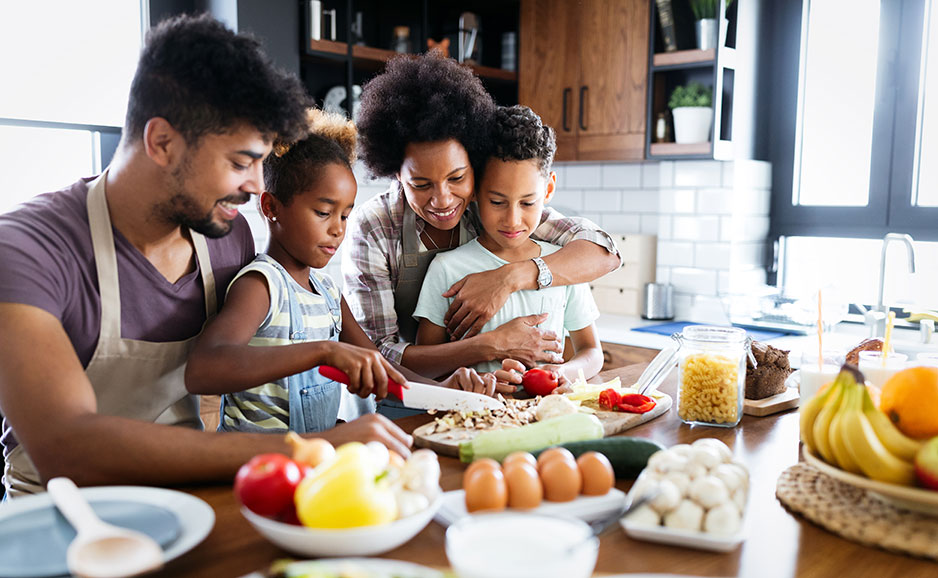Using bleach or detergents to clean fruits and vegetables can make you sick if you swallow the chemicals. It’s always important to rinse fresh fruits and vegetables before you eat them, but produce is porous, so soap and other disinfectants may be absorbed by fruits and vegetables even with thorough rinsing. In some recent CDC research about food safety practices in the United States, 16% of those surveyed use bleach or household cleaners to wash fruits and vegetables before eating them to prevent getting sick with COVID-19. Currently there is no evidence to suggest that handling food or consuming food is associated with COVID-19.
Here are safe ways to handle and clean fresh produce:
-

- Scrub uncut firm produce (e.g., potatoes, cucumbers, melons) with a clean brush, even if you don’t plan to eat the peel so germs and dirt aren’t transferred inside when peeling or cutting.
- Dry fruits and vegetables with a clean paper towel.
- Do NOT wash produce with soap, bleach, sanitizer, alcohol, disinfectant or any other chemical.
- Salt, pepper, vinegar, lemon juice, and lime juice have not been shown to be effective at removing germs on produce.
On hard surfaces like floors and counter tops, bleach and disinfectants are great for killing germs that cause foodborne illness or COVID-19. These chemicals, however, can make you sick if you swallow them. Surfaces that come into contact with food should be washed, rinsed, and sanitized. By following the guidelines above, you can make fresh fruit or vegetables safer before you eat them.
Get more information on the safe handling of fruits and vegetables and lettuce and other leafy greens. CDC also has tips on safe handling of food and groceries during COVID.

